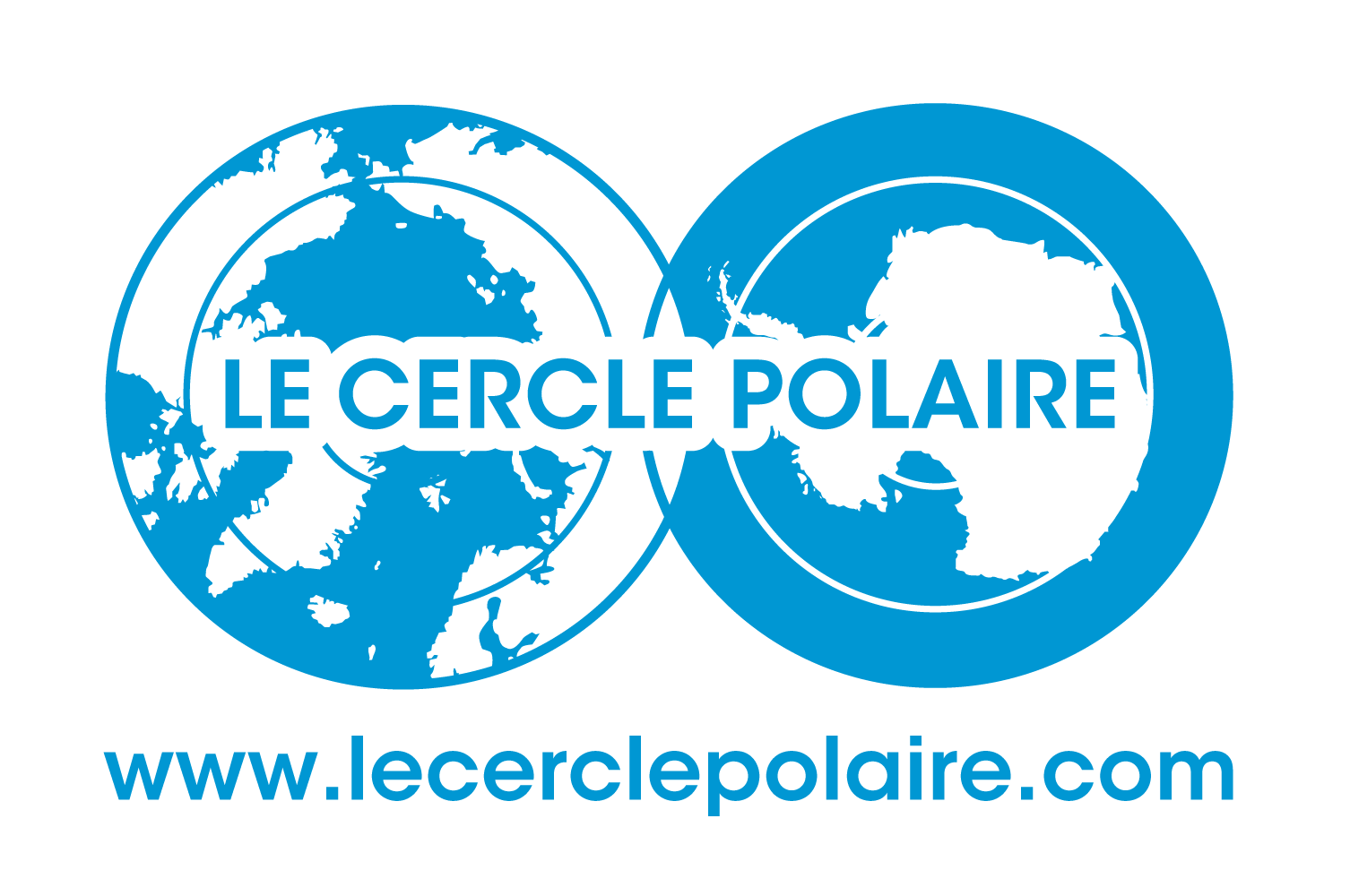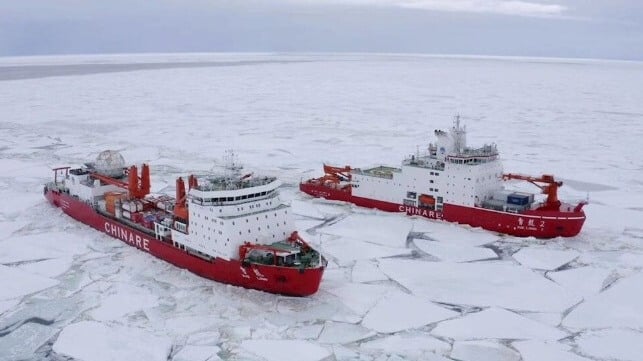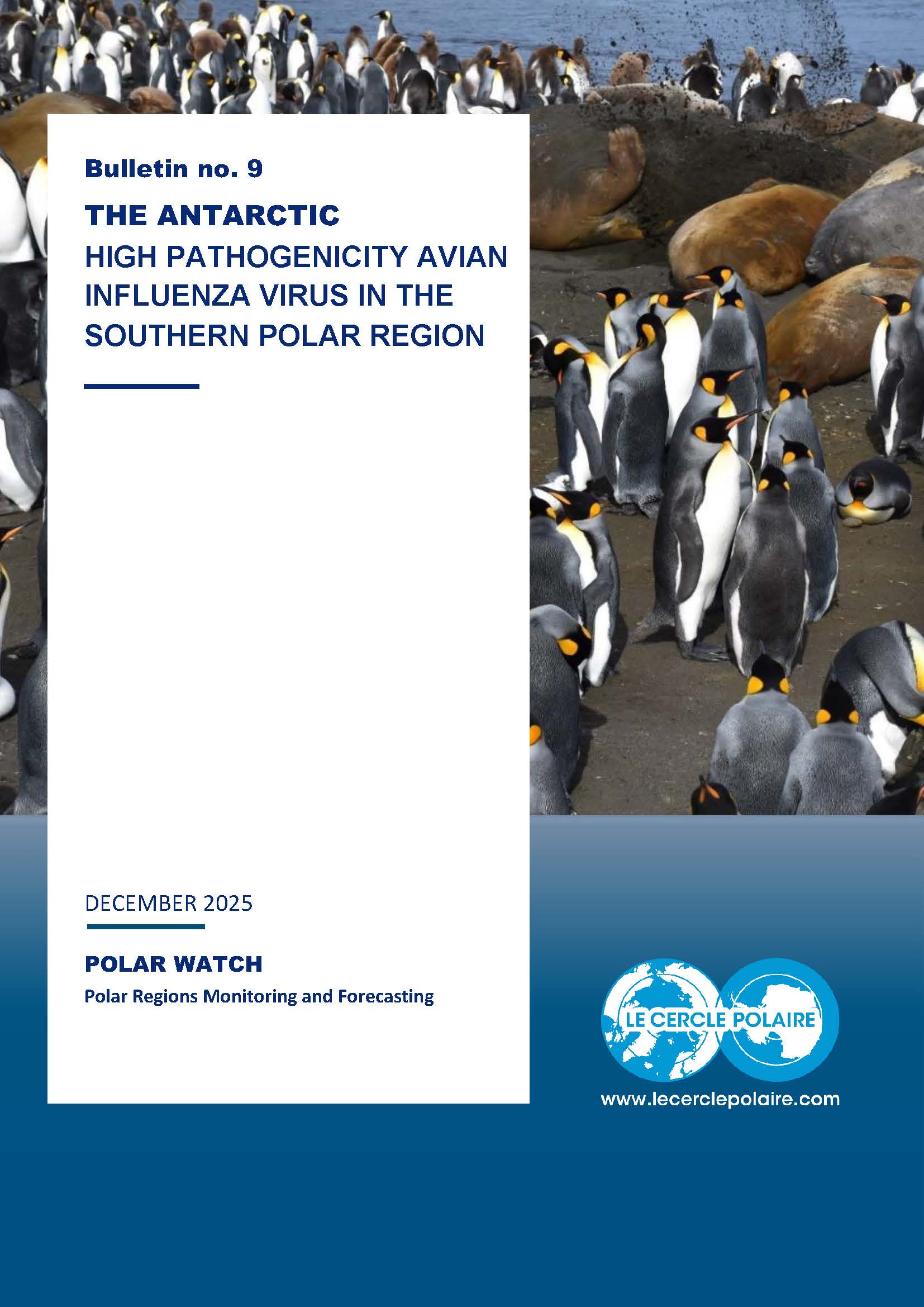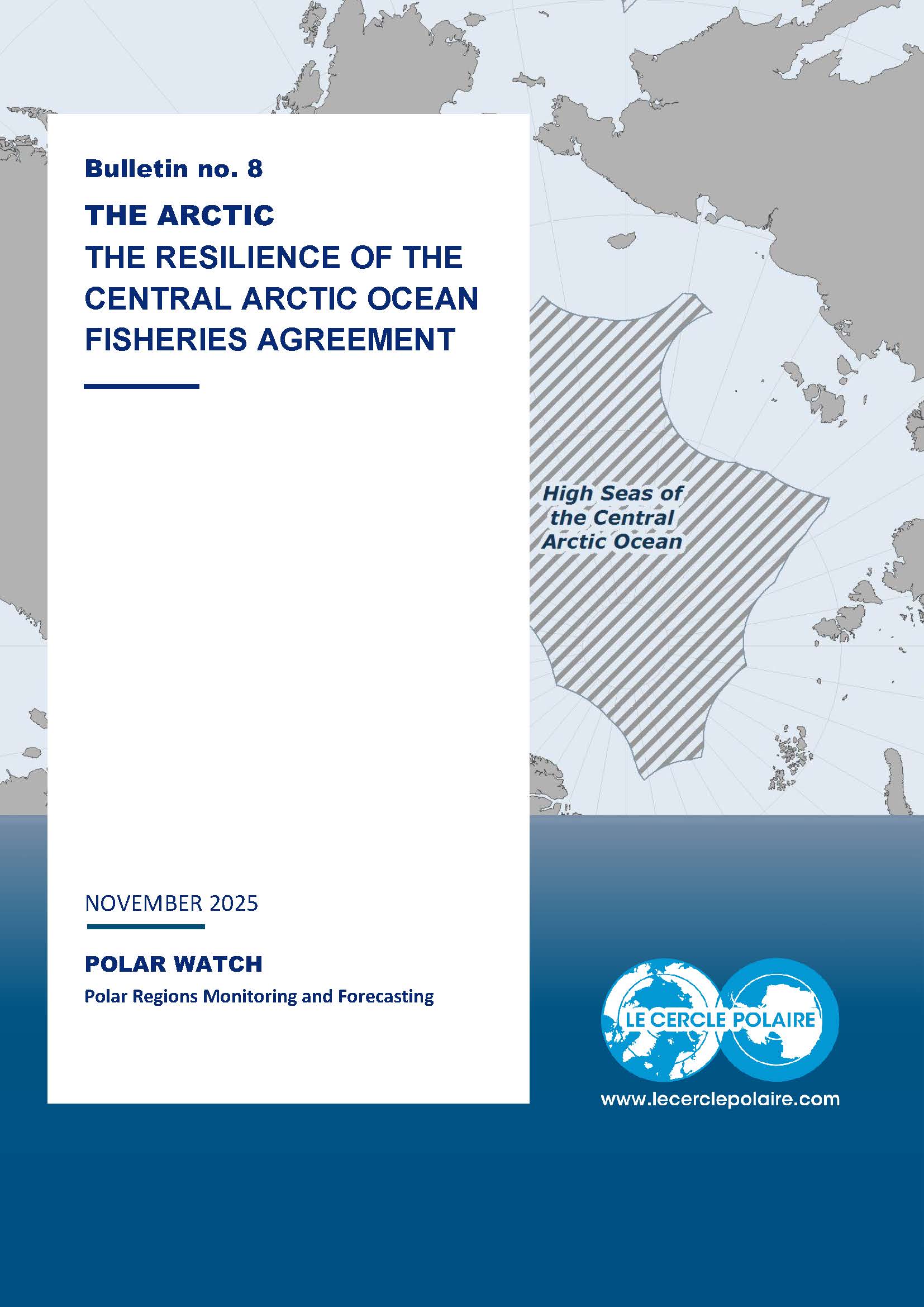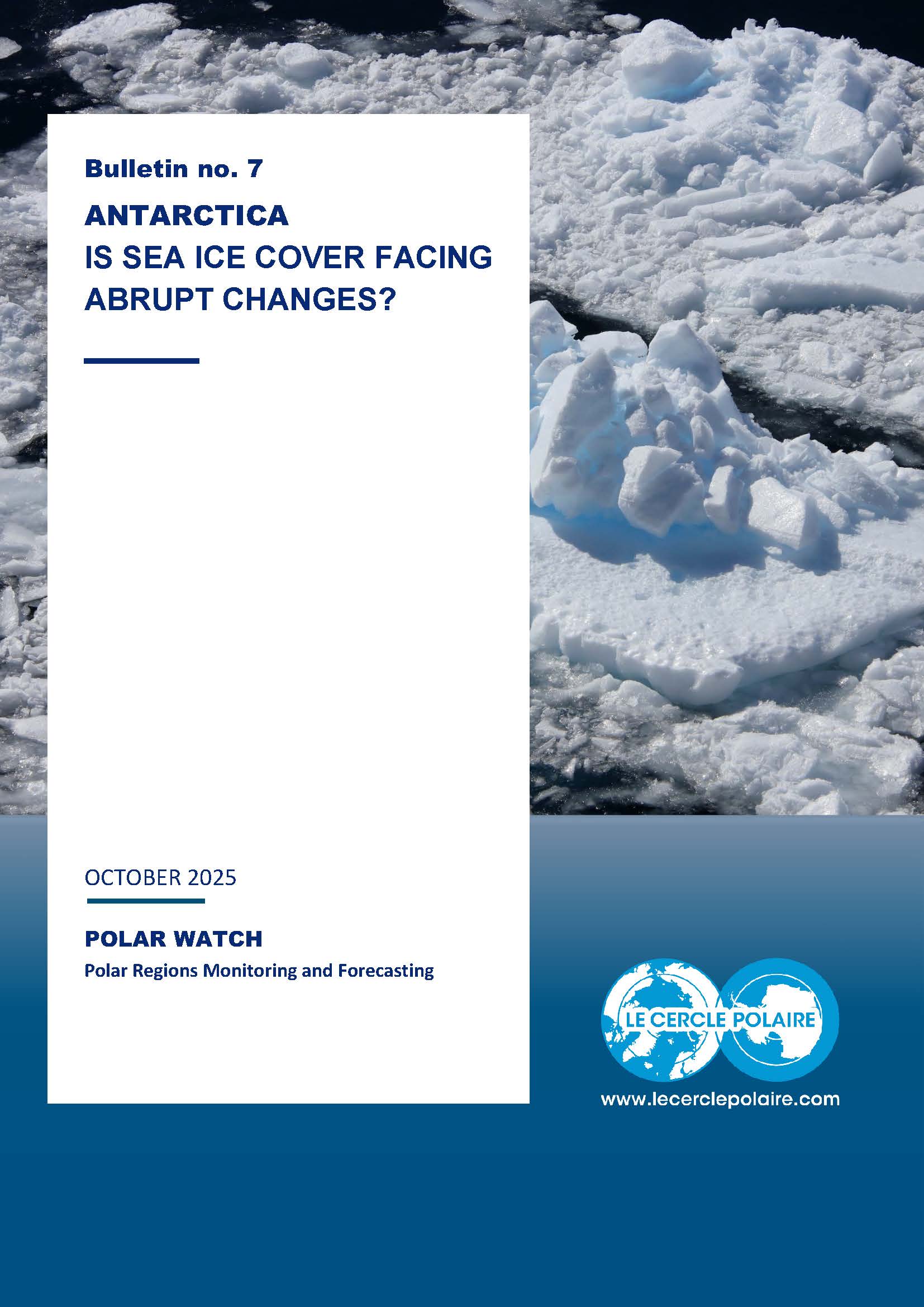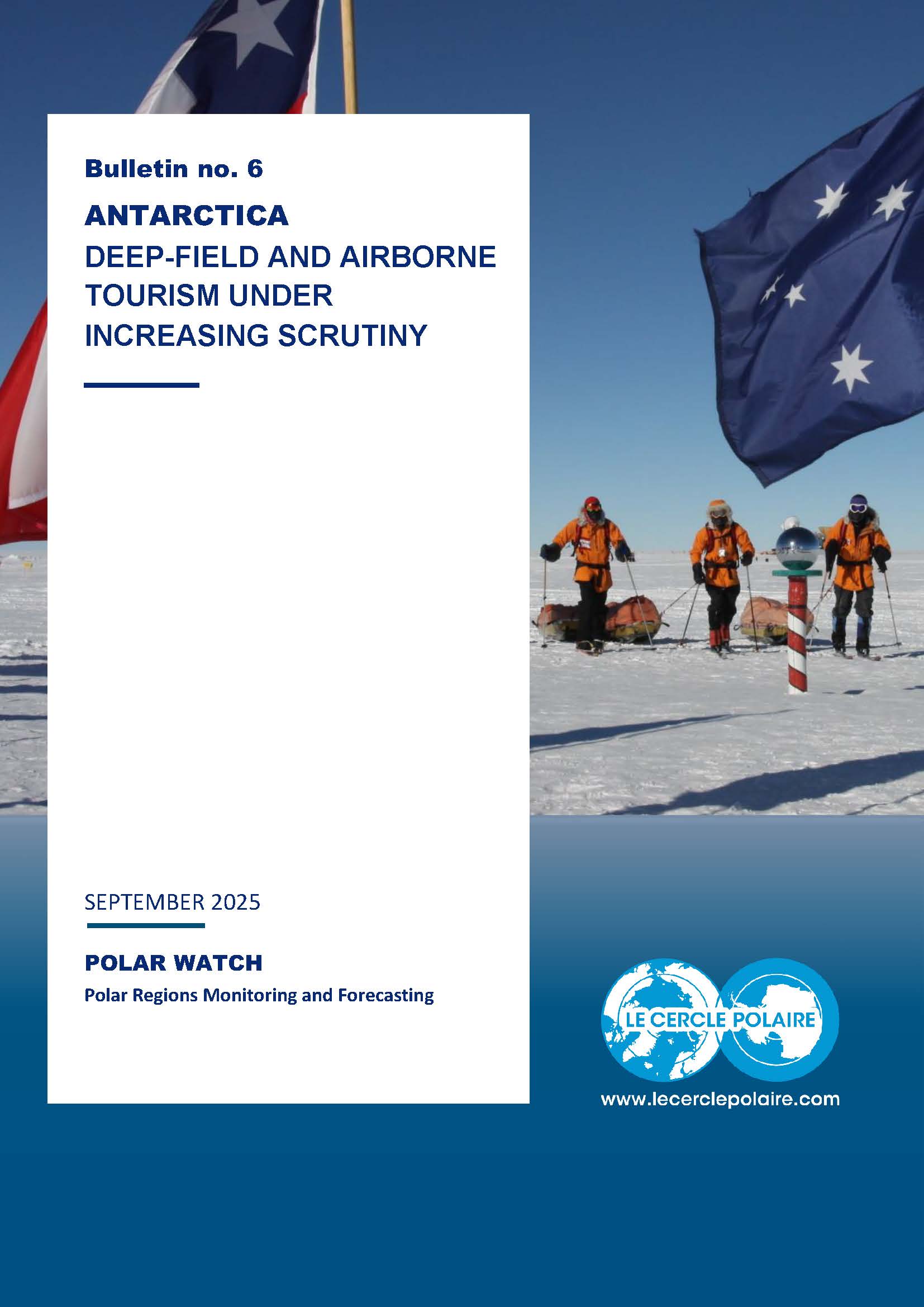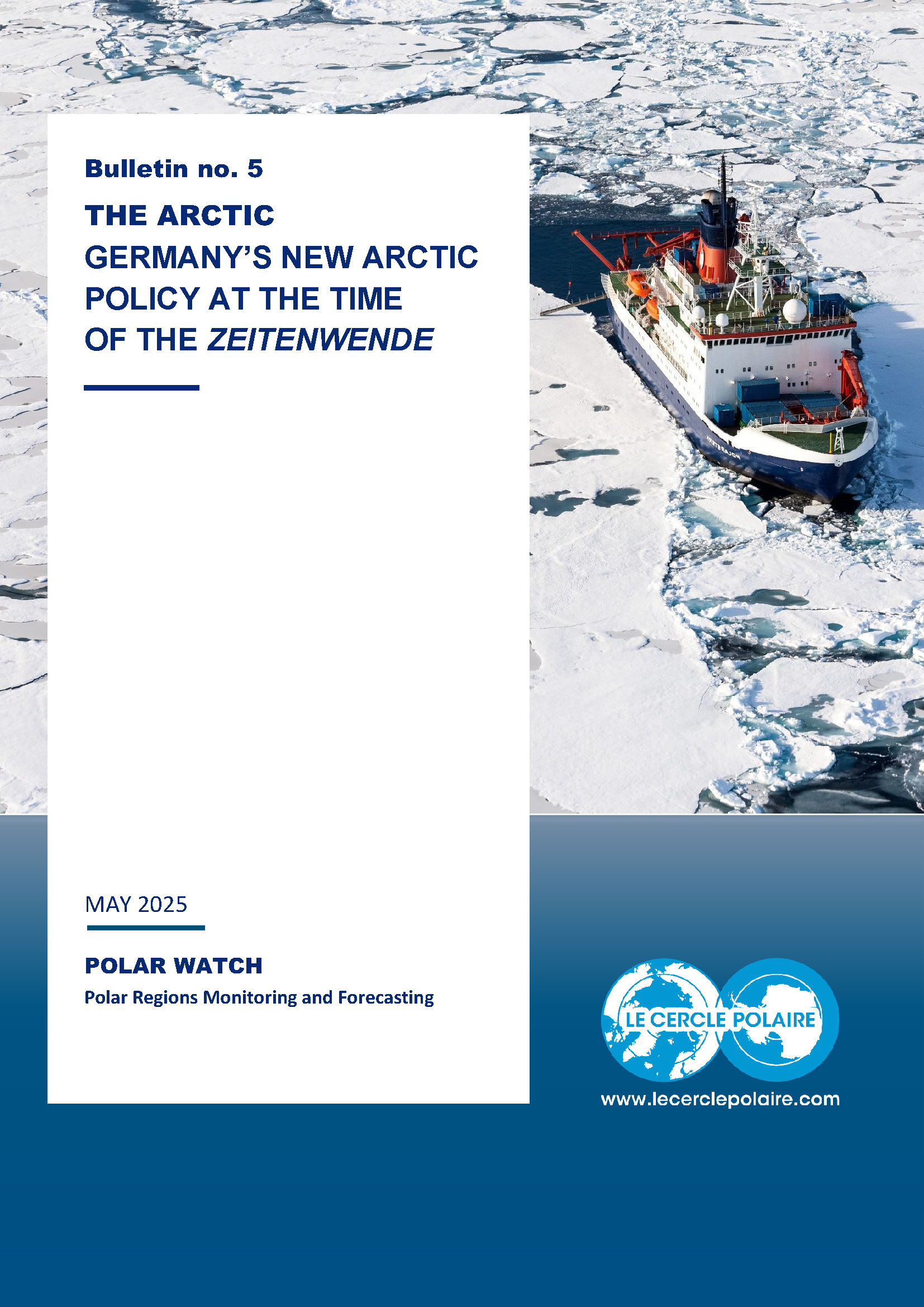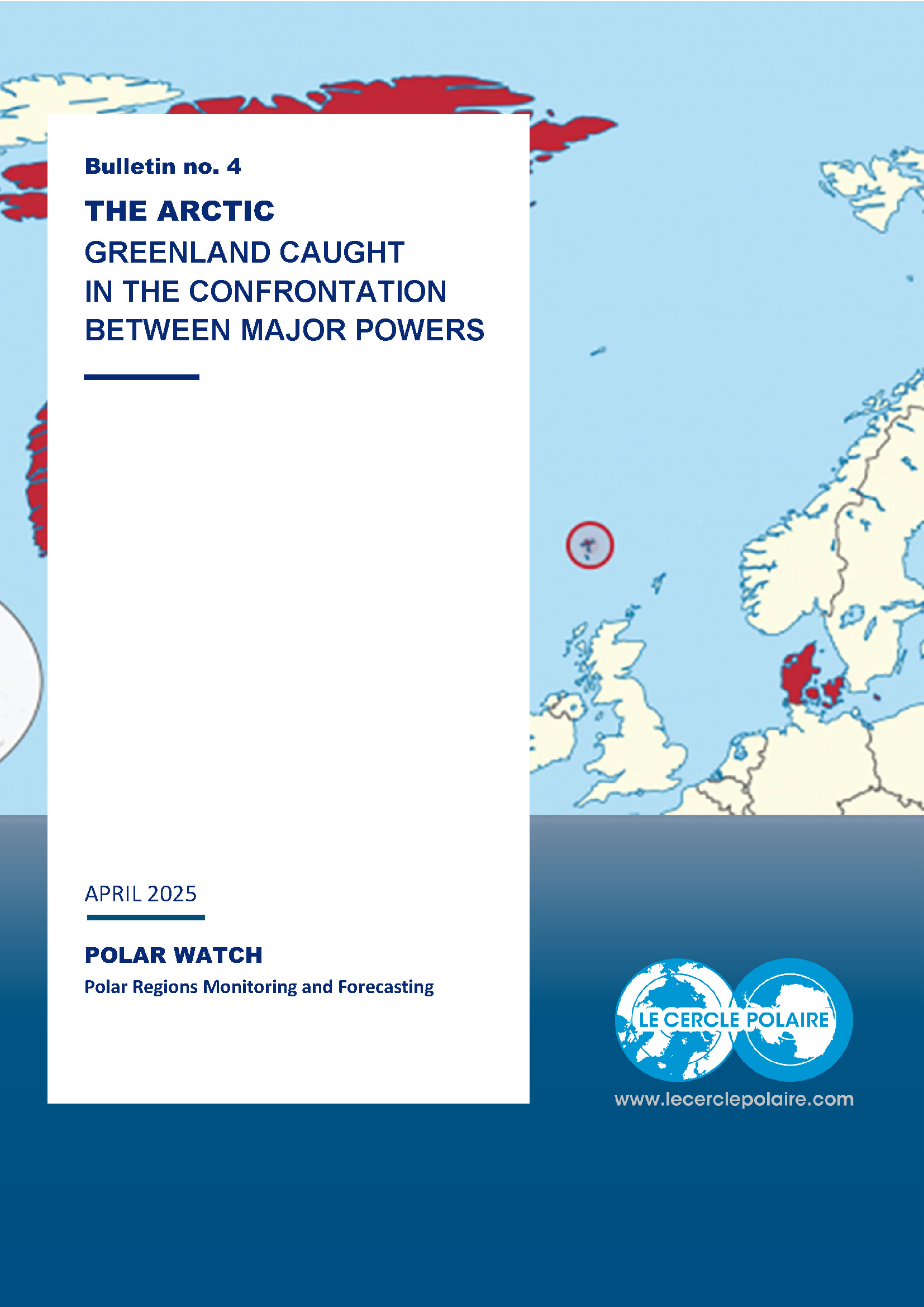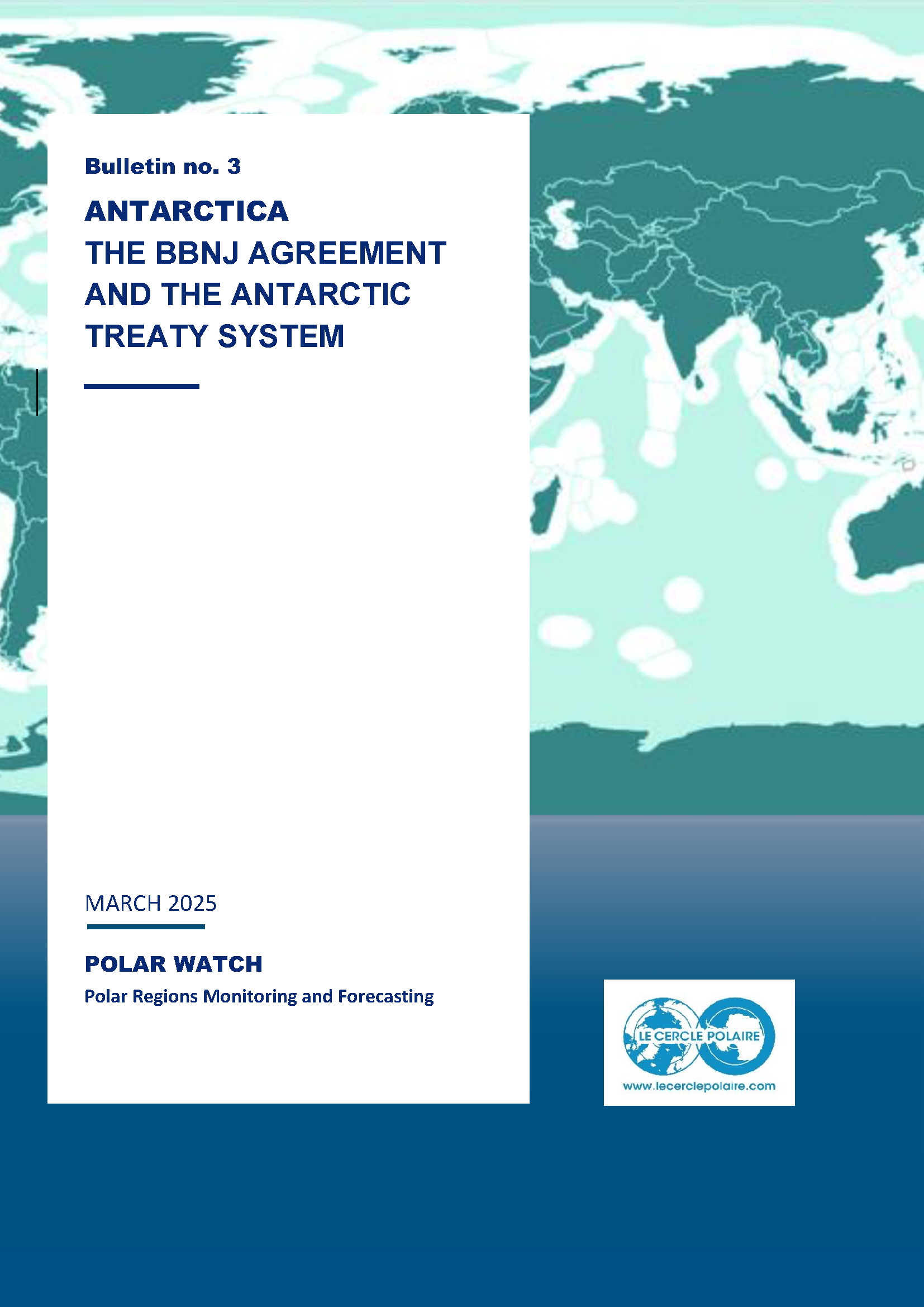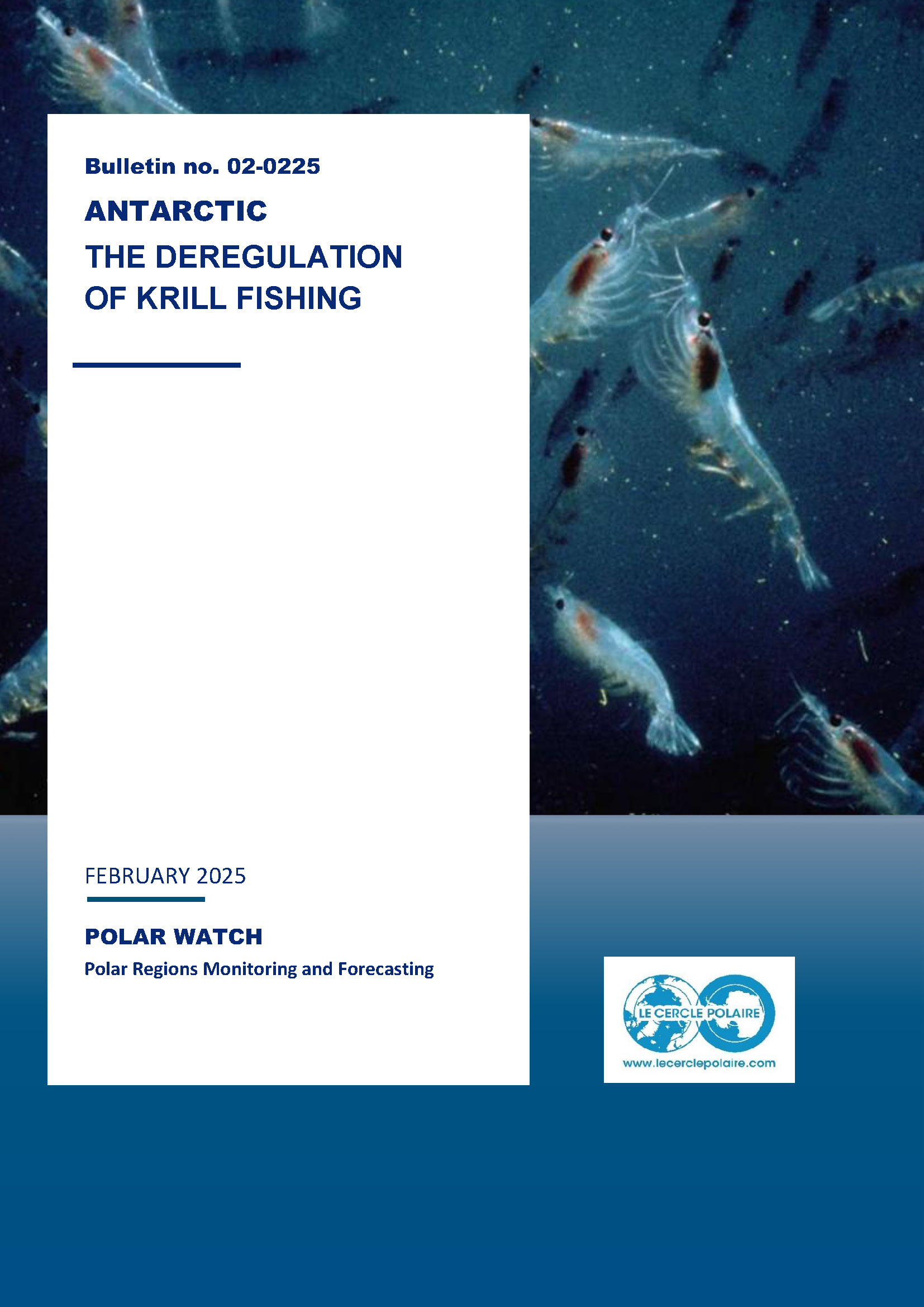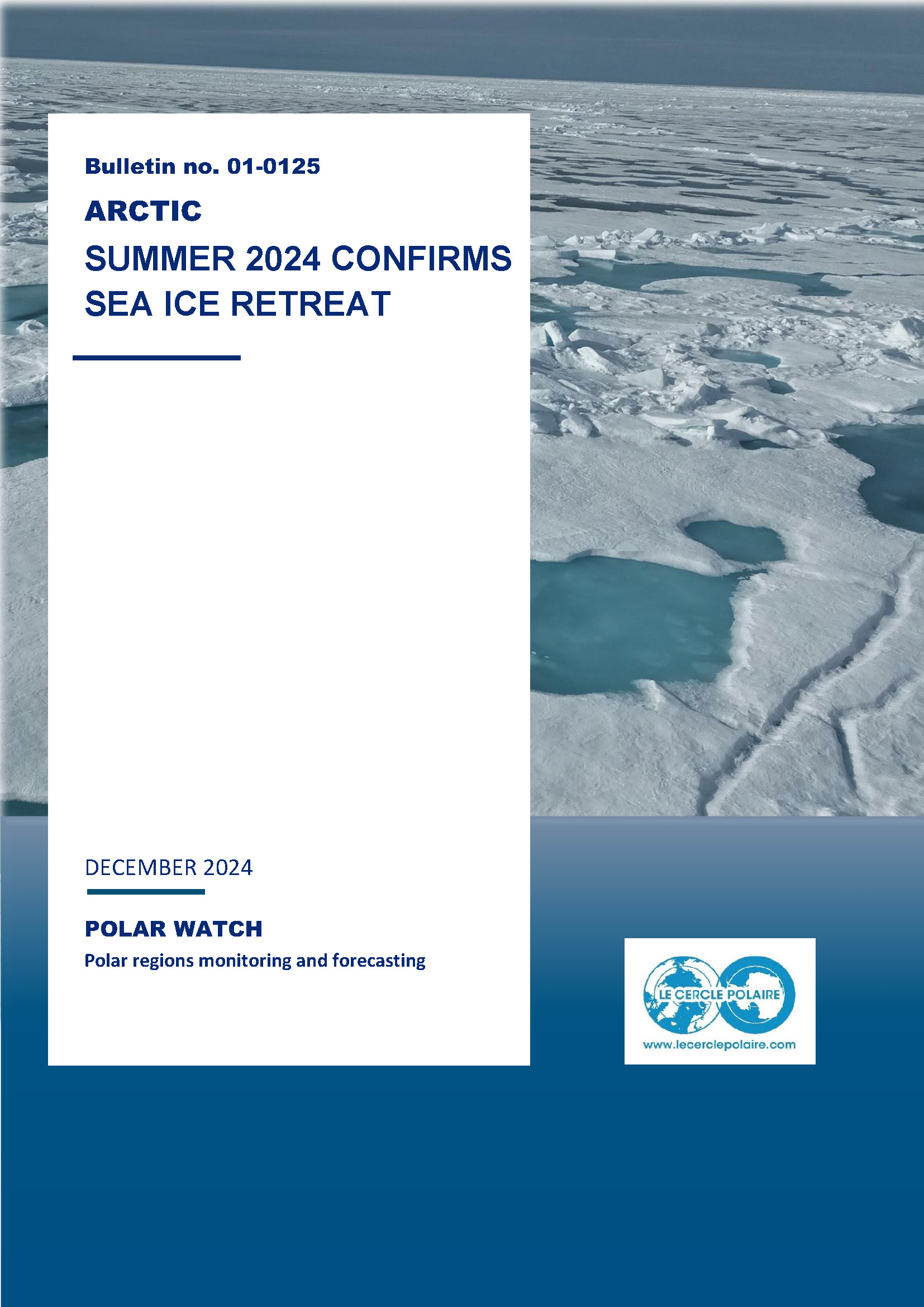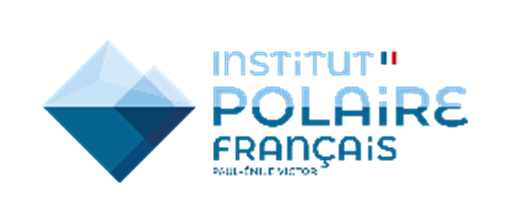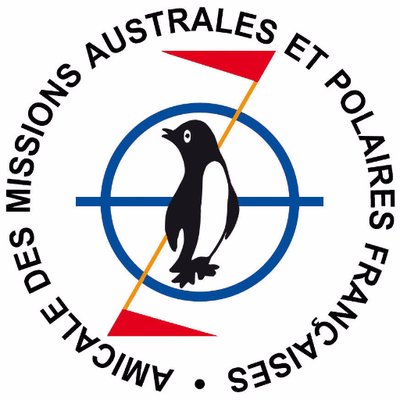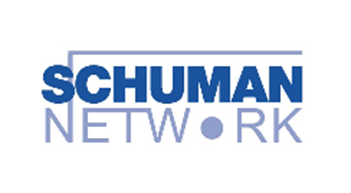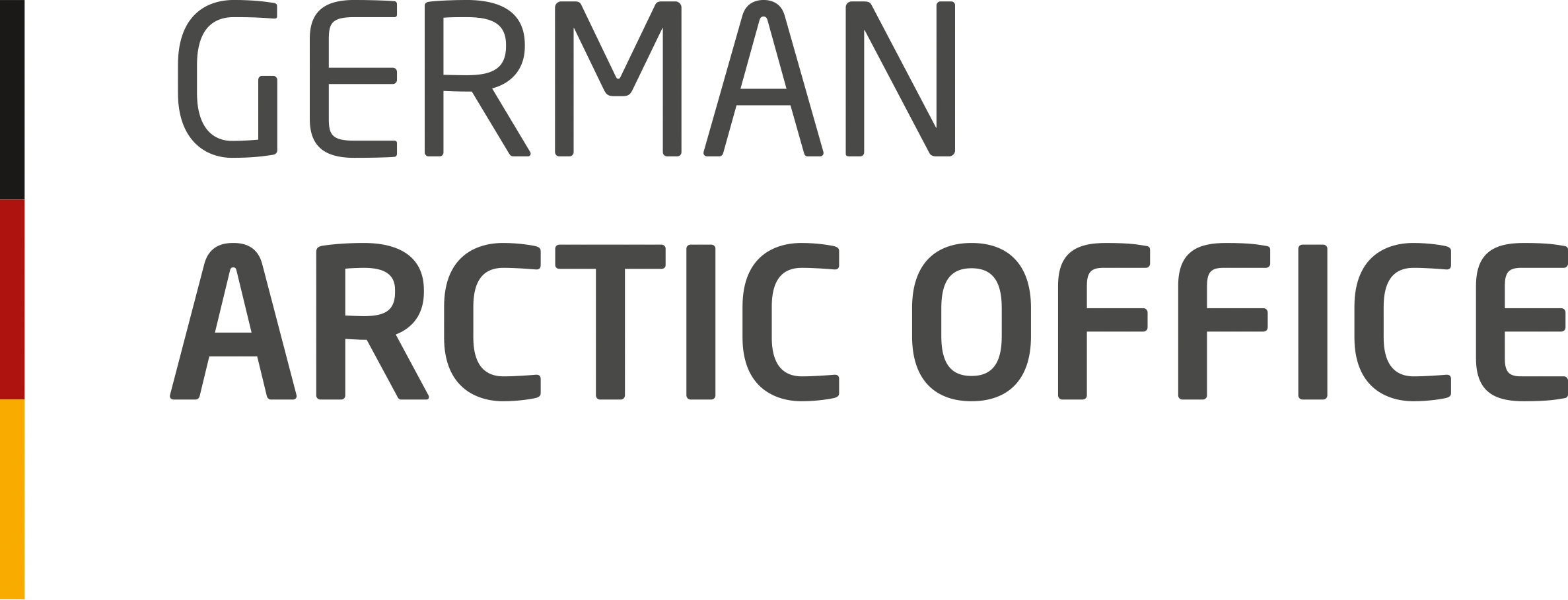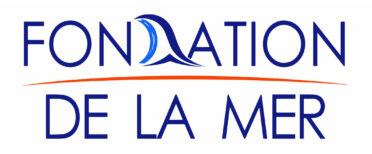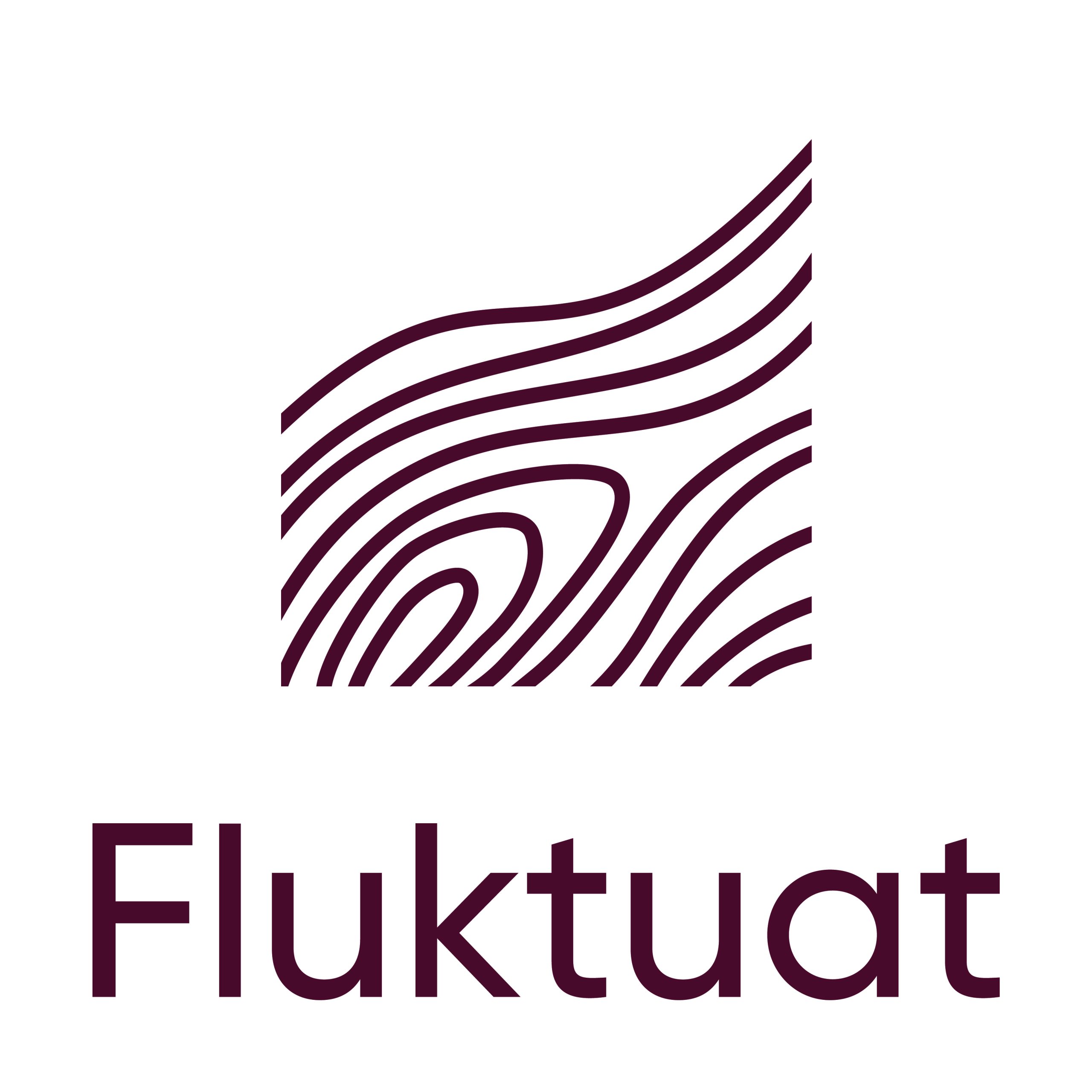A monthly newsletter in French and English written by first-hand experts on trends, issues and developments in the polar zones.
Polar regions: territories of competition or cooperation?
Driven by climate change, changing energy patterns and the emergence of a new multipolar world order, the high latitudes – some of the most unspoilt natural areas on our planet – are increasingly the focus of strategic positioning by certain powers.
‘The two poles offer the nations of the world an opportunity to work together in the 21st century’. Hillary Clinton, 2009.
A thematic monthly newsletter
Each month, POLAR WATCH offers a detailed, easy-to-understand summary, in French and English, of a current trend or development in the Arctic or, alternatively, the Antarctic, written by a first-hand expert under the supervision of an editorial committee, ensuring that the analyses are easy to read and understand for non-specialist readers. POLAR WATCH is aimed at decision-makers in the private and public sectors, teachers, academics and, more broadly, the international community interested in high-latitude issues.
Deciphering the complexity of polar issues
The intertwining of economic, political and environmental issues in the polar zones requires decoding, which is what the thematic bulletins will offer. At the end of the year, these bulletins will be brought together for archiving in an annual edition.
The POLAR WATCHERS team
Three experts, one senior and two junior, supported by an international committee of experts, are responsible for the editorial and investigative work.
The Editorial Team
A dedicated editorial team drives POLAR WATCH’s editorial and investigative activity in French and English :
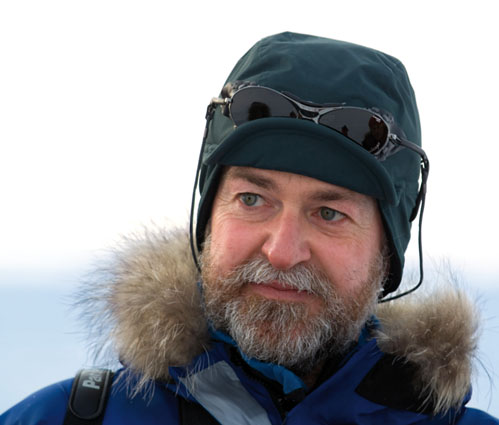 | Neil HAMILTON, polar geographer and climate expert, former WWF and Greenpeace advisor, active in Arctic governance and polar research, AUSTRALIA. |
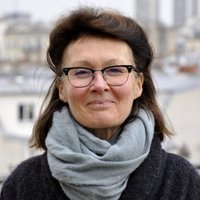 | Marie-Noëlle HOUSSAIS, Emeritus Research Director at CNRS, Laboratory of Oceanography and Climate: Experimentation and Numerical Approaches (LOCEAN), specialist in polar oceans, FRANCE. |
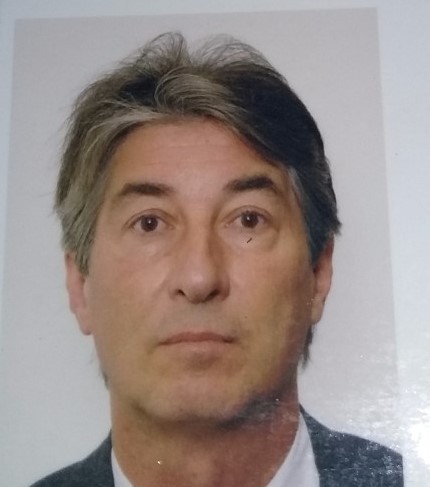 | Laurent MAYET, former Special Representative for Polar Affairs, Policy Advisor on Polar Issues at the Ministry of National Education, FRANCE. |
An International Expert Committee
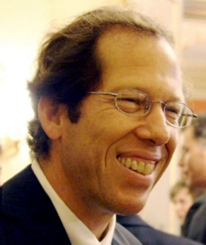 | Paul Arthur BERKMAN, founding president of the Science Diplomacy Center, Associate Professor at Harvard Law School, and Associate Director of the Harvard-MIT program, UNITED STATES. |
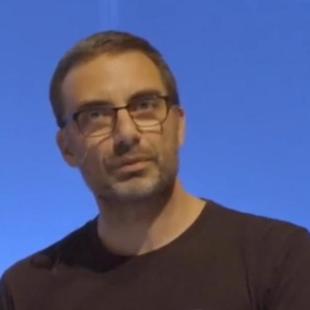 | Marc ELEAUME, Associate Professor at the French National Museum of Natural History, member of the French delegation to the CCAMLR, FRANCE. |
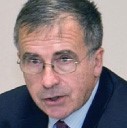 | Vice Admiral (ret.) Patrick HÉBRARD, French Navy Reserve, member of the Wise Pens International think tank, co-author of several reports on the Arctic, FRANCE. |
 | Alan HEMMINGS, Adjunct Professor at Gateway Antarctica, University of Canterbury, Christchurch, NEW ZEALAND. |
 | Marie-Noëlle HOUSSAIS, Emeritus Research Director at CNRS, Laboratory of Oceanography and Climate: Experimentation and Numerical Approaches (LOCEAN), specialist in polar oceans, FRANCE. |
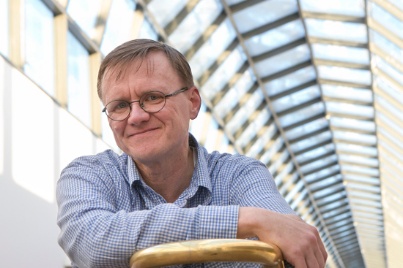 | Timo KOIVUROVA, Professor at the Arctic Centre, University of Lapland, specialist in Arctic and Antarctic governance, FINLAND. |
 | Laurent MAYET, former Special Representative for Polar Affairs, Policy Advisor on Polar Issues at the Ministry of National Education, FRANCE. |
 | Volker RACHOLD, Head of the “German Arctic Office” at the Alfred Wegener Institute, former Executive Secretary of the International Arctic Science Committee (IASC), GERMANY. |
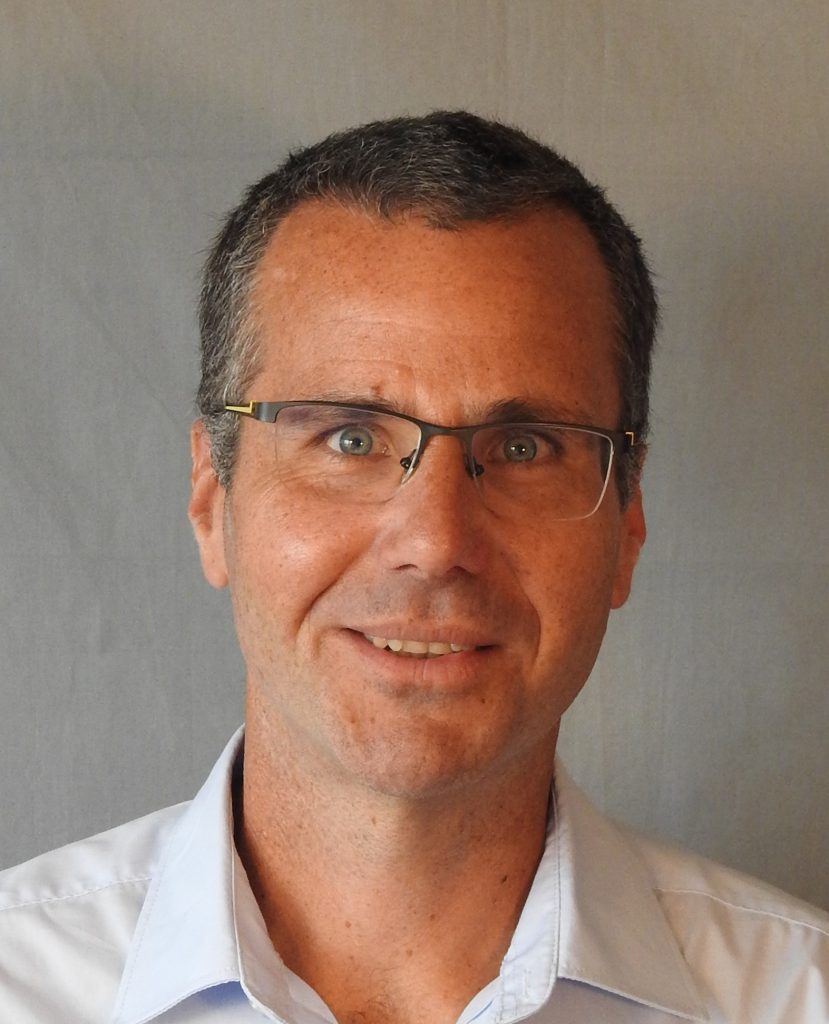 | David RENAULT, Director of the French Polar Institute (IPEV). He was Scientific Director of IPEV and is currently Professor at the University of Rennes, specialising in ecology and population biology, FRANCE. |
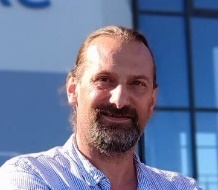 | Yan ROPERT-COUDERT, Former director of the French Polar Institute Paul-Emile Victor, Research Director at CNRS, member of the French delegation to the Antarctic Treaty Consultative Meeting (ATCM), FRANCE. |
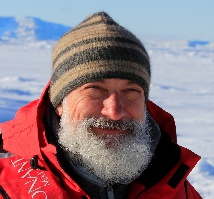 | Ricardo ROURA, Senior Advisor to the Antarctic and Southern Ocean Coalition (ASOC), NETHERLANDS. |
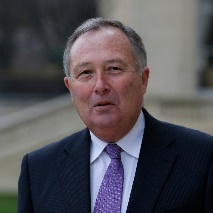 | Serge SEGURA, former Ambassador for Oceans, former Head of the French delegation to the Antarctic Treaty Consultative Meetings and the Arctic Council, Ministry of Foreign Affairs, FRANCE. |
